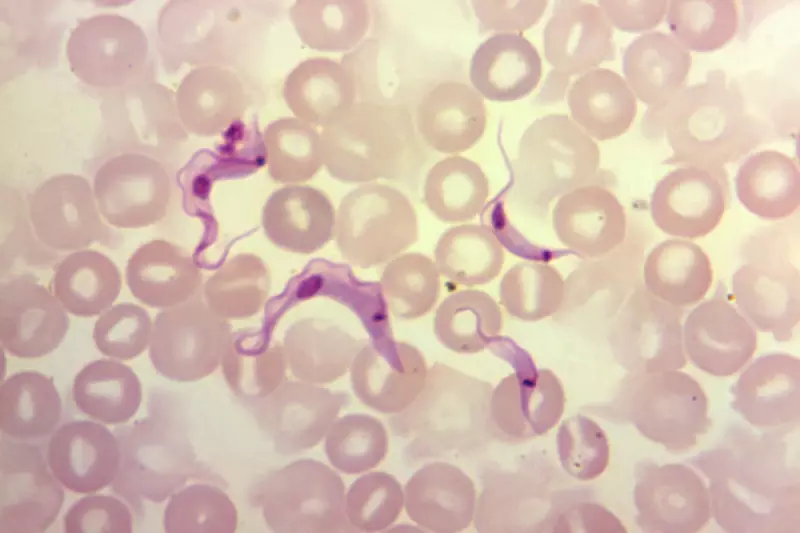
Health experts are sounding the alarm over a stealthy and potentially deadly tropical disease gaining a foothold in California. The parasitic infection, known as Chagas disease, is being transmitted by so-called 'kissing bugs' and often goes undetected for years before causing severe cardiac complications.
The disease, caused by the Trypanosoma cruzi parasite, is notoriously difficult to diagnose in its early stages. Many infected individuals experience either no symptoms or mild, flu-like signs that are easily mistaken for common illnesses.
The Silent Progression of a Hidden Killer
This is where the true danger of Chagas lies. The parasite can remain dormant in the body for decades before manifesting as serious and often irreversible damage to the heart and digestive system. By the time symptoms like heart palpitations, fainting, or severe abdominal pain appear, the disease is frequently in its advanced stages.
While the illness has traditionally been associated with rural areas of Latin America, changing climate patterns and increased global travel have contributed to its spread into new regions, including the southern United States.
A Growing Concern for Public Health
The detection of cases in California represents a significant public health challenge. The initial acute phase is brief and easy to miss, making widespread screening and early intervention difficult to implement.
Treatment is most effective when administered soon after infection, highlighting the critical need for greater awareness among both the public and medical professionals. Current medications can cure the disease if given early enough, but they become less effective as the infection progresses.
Health authorities are emphasising the importance of recognising the risk factors and seeking medical advice for anyone who may have been exposed to the triatomine bugs, commonly found in wooded areas or poorly constructed housing.





